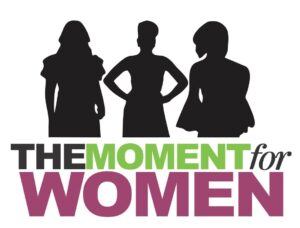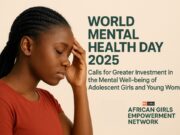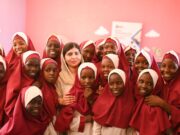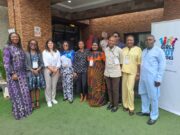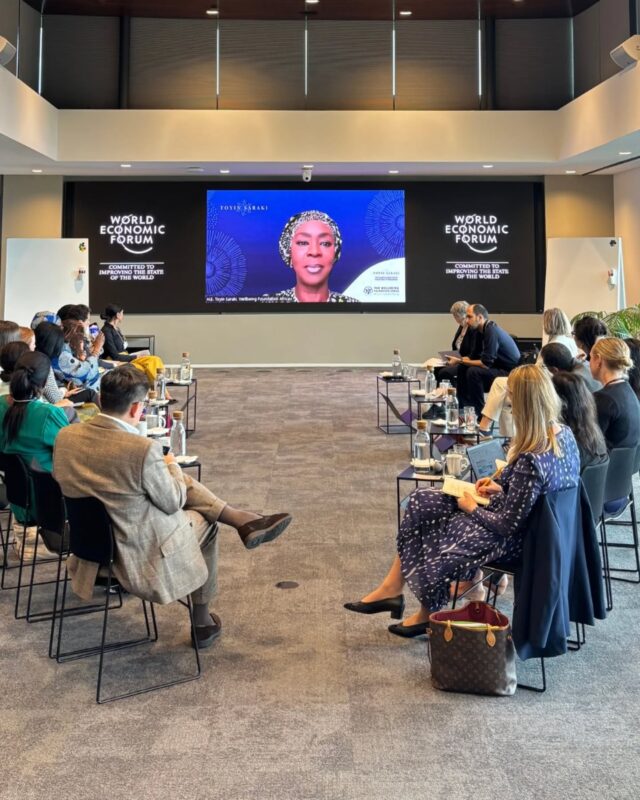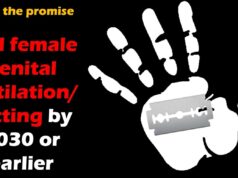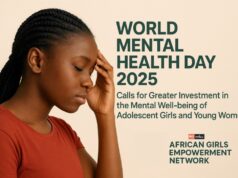Geneva, Switzerland — In a compelling address delivered virtually during the inaugural World Economic Forum (WEF) Annual Health Roundtable 2025, Toyin Saraki, Founder of The Wellbeing Foundation Africa (WBFA), called for a bold reimagining of women’s health as central—not peripheral—to global health systems, sustainable development, and inclusive economic growth.
Speaking as a Champion of the Global Alliance for Women’s Health, on Friday, May 23, 2025, Saraki opened the high-level Champions Dialogue on the theme: “Shaping a New Narrative for Women’s Health in a Changing Global Landscape.” The event was held at the WEF headquarters in Geneva and brought together key stakeholders in global health policy and practice.
Saraki grounded her remarks in the lived realities and frontline work of WBFA in Nigeria, stating:
“Women’s health must no longer be treated as a peripheral issue. It is a core pillar of resilient health systems, sustainable economic growth, and inclusive development.”
She spotlighted Nigeria’s Maternal and Neonatal Mortality Reduction Innovation and Initiative (MAMII)—a flagship program of the Federal Ministry of Health—as a model of national leadership in tackling systemic health inequalities. Through WBFA’s engagement with MAMII, the Foundation continues to champion reforms in midwifery education and ensure quality maternal health supply chains.
Saraki further emphasized that cross-sector collaboration, evidence-based interventions, and inclusive policy-making are critical to scaling lasting solutions.
“The power of coordinated action—from community to global level—can unlock transformative outcomes for women, families, and entire health systems.”
She also recognized the role of the Global Activators Network in advancing this agenda and commended Dr. Shyam Bishen, Head of Health and Healthcare at WEF, for convening the platform.
Concluding her remarks, Saraki called on leaders and institutions to commit to a renewed vision for women’s health—one anchored in equity, urgency, and global solidarity:
“At this critical moment for global health governance, we must rewrite the narrative—placing women’s health at the center of every policy and investment decision.”
As advocates for gender justice, The Moment for Women Magazine continues to spotlight women’s leadership shaping global health, development, and governance.
